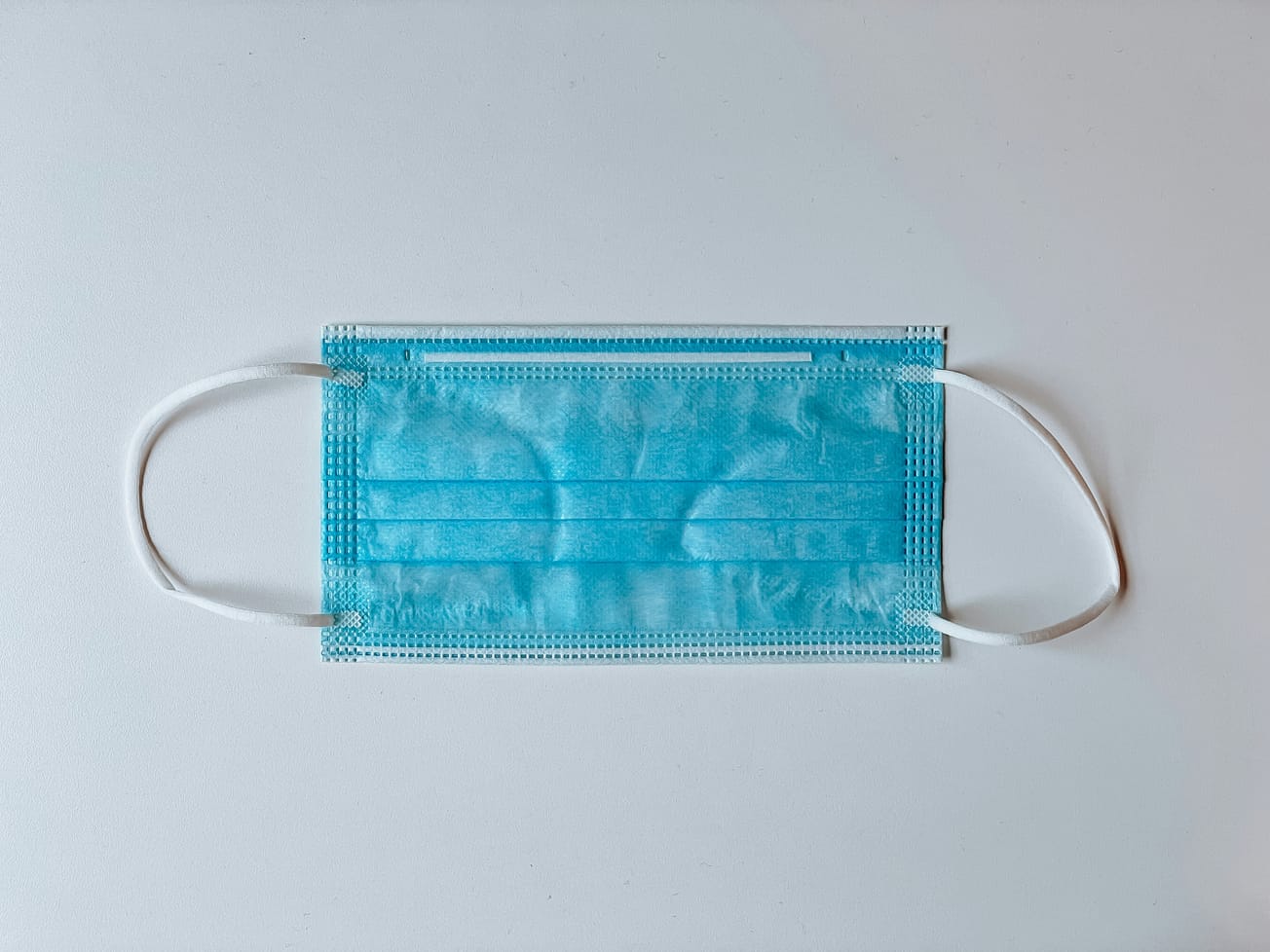By David Ion, Bristol SU Undergraduate Education Officer
At the start of December, the University released its policy for mitigating the impact of COVID-19 on the January assessment period. In my opinion, the measures outlined are inadequate and fail to recognise the amount of disruption the pandemic has caused to students’ learning experience. Bristol SU is calling on the university to provide more support. I am writing this article to tell you why we’re asking for more, and what you can do to help.
The University is relying on the current Extenuating Circumstances (ECs) process to provide a safety net for students whose academic performance has been impacted by the pandemic. The changes they have made to this process have been minimal, with the inclusion of COVID-related circumstances and ‘relaxed requirements for evidence in some circumstances.’ When compared to the no-detriment policy introduced in the summer, the reduction in support for students is clear.
The reliance on ECs to catch all cases where students have been impacted by COVID is flawed. The University cannot expect the thousands of students who have had their learning impacted by COVID-19 to all submit ECs, even though many of them have faced situations that in normal times would have been considered hugely disruptive.
Relying solely on the ECs process will lead to some students falling through the cracks. Not all students will be aware of the process and deadlines around ECs, and many will be unsure as to whether what they’ve experienced is exceptional enough to warrant an EC – especially in the context of COVID when so many have had similarly disrupted terms.
Additionally, there needs to be an acceptance that the extraordinary circumstances of the pandemic have made it difficult to provide evidence across the board. Doctors notes, for example, can be impossible to provide when the NHS’ time is stretched to breaking point by the pandemic. There needs to be a relaxation of evidence requirements on all ECs, not just in some circumstances. This isn’t a radical ask and is in line with mitigations that were put in place for summer.
But ECs alone are not enough to account for the damage the pandemic has done to students’ ability to learn effectively during the year so far. Blanket mitigations are the only way to stop any students from falling through the cracks.
Bristol SU is calling on the university to provide more support
Blanket mitigations are designed to give all students a base level of support, whether they fill in the correct forms or not. We are asking for blanket mitigations for students who fail their exams (with uncapped resits as standard) and students who are overloaded (with automatic extensions for those who have three or more 7-day exams in a week).
What the SU is asking for will not lead to substantial grade inflation and will merely ensure that those in the most disadvantageous situations are supported. Uncapped resits were offered to all students who failed exams in summer. Although uncapped resits can be an outcome of an EC, offering them as a blanket mitigation provides welcome relief to those struggling most due to the pandemic.
Automatic extensions for those taking three 7-day assessments in a week is another no-brainer. Whilst the University holds that students should not spend more than a few hours on their seven-day tasks, any student will tell them that’s not a reality. The quality of an assessment from a student having to split a week between three 7-day assessments will be lower than a student who spends a whole week completing one. The University needs to clarify its policy on extensions to 7-day assessments and offer them automatically to students with three or more in a week.
Bristol SU call for more academic mitigations after nearly all January exams move online
Bristol Uni offers halls students a 30% rent rebate for seven weeks from 19 December
The longer assessments have also led to a loss of Alternative Exam Arrangements (AEAs) for students with disabilities. AEAs give extra time to disabled students in recognition that they are disadvantaged in assessments when given the same amount of time as their peers.
Many disabled students have approached me concerned that they will be unfairly disadvantaged by the fact that, without AEAs, they are now being marked on what they produce in the same time as students without disabilities. AEAs must be replaced by a route to extensions for students with disabilities, a community that is already disproportionately affected by COVID.
Students are concerned that the University is understating the impact of COVID by insisting on a business-as-usual approach to academic mitigations in January exams. Without blanket mitigations, it is extremely likely some students will fall through the cracks. If we tell the University loud and clear that we deserve more support, they cannot ignore our voice.
Featured Image: Epigram / Patrick Sullivan
Do you think the University needs to offer greater academic mitigation? Let us know!









